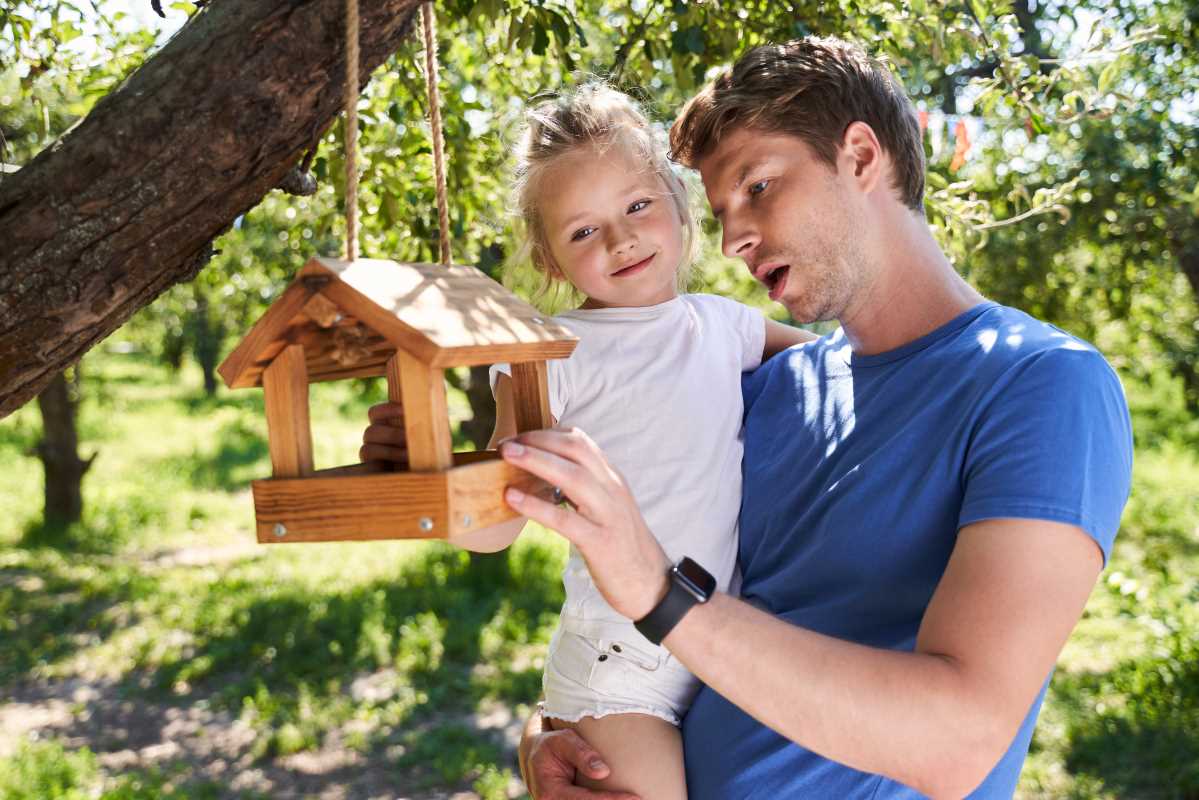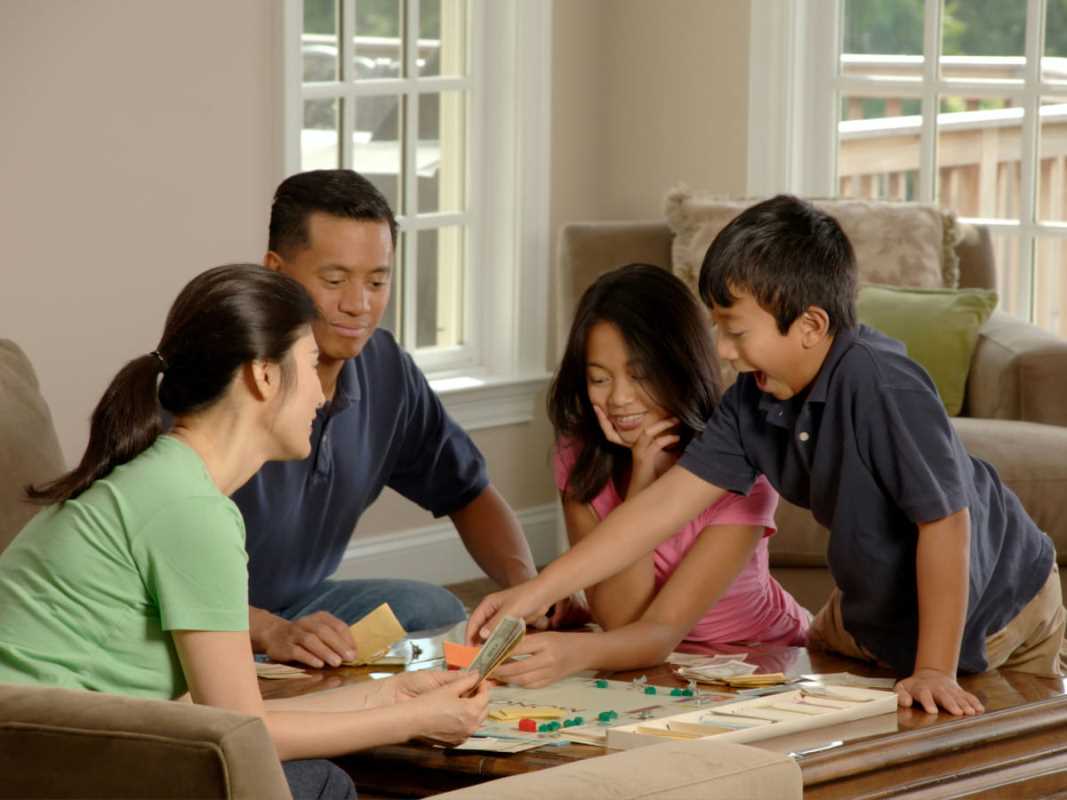Parenting on your own comes with a unique blend of challenges and rewards. While single parents often develop resilience, independence, and a powerful bond with their children, the truth is that many also grapple with a silent, sometimes overwhelming feeling that’s easy to brush aside but difficult to escape: loneliness.
Despite societal changes and wider acceptance of various family structures, being the only adult in your household can leave you feeling isolated—even when you’re never technically alone. This article dives deep into what loneliness looks like for single parents, why it happens, how it affects daily life, and, crucially, what practical steps you can take to nurture real, lasting connections.
The Many Faces of Loneliness for Single Parents
Loneliness for single parents is rarely a constant, unchanging state. Instead, it ebbs and flows, showing up in different ways depending on your situation and the stage of life you’re in.
Physical Isolation
Physical isolation doesn’t necessarily require solitude. Take parks, for example. You might find yourself surrounded by other parents while your child plays, yet you’re not part of their conversations. Whether it’s shyness or not knowing how to initiate a friendly chat, the result is the same: feeling out of place and disconnected.
Then there are the evenings. After a long day of work, chores, and childcare, the quiet in your home can feel almost deafening. While your child sleeps soundly in their room, you’re left with your thoughts, longing for companionship or even just someone to talk to about your day.
Emotional Isolation
Loneliness often goes beyond wanting someone’s physical presence and seeps into emotional territory. When you witness significant parenting moments, such as your child’s first words or a new accomplishment, there may be no one there to revel in that pride. Additionally, during tougher moments like managing tantrums or sickness, there’s no co-pilot to offer words of encouragement or share the load. It can create an emotional void that feels impossible to fill.
Social Disconnect
Friendships can evolve dramatically during parenthood, especially for single parents. You may find that your once-tight-knit group of friends is now harder to reach. Married friends may be consumed with their own dynamics, while child-free friends may not fully grasp the rhythms of your life. Invitations might dwindle over time, and the weight of feeling like an outsider can amplify loneliness.
Lack of Grown-Up Conversation
Spending your day answering questions about dinosaurs, snacks, or why dogs bark may be adorably entertaining but leaves you longing for more meaningful conversation. You miss the kind of talks where you can express your own feelings, opinions, and ideas without simplifying the words or explanations.
Each form of loneliness brings its own challenges. But here’s the truth: feeling alone doesn’t mean you’re failing as a parent or a person. It’s a human experience, one many single parents share.
Why Loneliness Hits Single Parents Hard
Loneliness is part of the broader fabric of human life, not unique to single parenting. However, single parents often face additional pressures that make their experiences more intense.
Around-the-Clock Responsibility
Being a single parent often means wearing every hat, every day. You’re the decision-maker, chauffeur, cook, teacher, nurse, and much more. With so many responsibilities, the mental and physical exhaustion can be unrelenting. Even small decisions, like choosing what to have for dinner, can feel unbearable when you’re the only one making them, 24/7.
Compound this with the fact that there’s no natural “handoff.” Two-parent households often share at least some duties. A single parent carries it all, which makes finding connections outside of the caregiving role all the more challenging.
Stigma and Misunderstanding
Although society has made significant strides in supporting single-parent families, stigmas linger. Whether it’s subtle remarks or outdated stereotypes, single parents can internalize the judgment, questioning their worth or their family’s completeness. These feelings may cause single parents to avoid social opportunities, worsening isolation.
Limited Time and Resources
With limited hours in the day, the idea of creating a fuller social life can feel almost laughable. Between balancing work, tending to your children, and managing household duties, personal time becomes a luxury. You might think, “When would I even fit in time to meet new people or attend a gathering?”
Prioritizing Children
Single parents are often masters at prioritizing their children’s needs. After all, their happiness and well-being sit at the center of your universe. But this dedication can come at a personal cost. When a single parent always puts themselves last, loneliness quietly grows over time.
Grieving a Past Life
For recently single parents, part of the loneliness can come from missing the companionship your past life may have provided. Whether due to divorce, separation, or the passing of a partner, navigating life without that bond creates an emotional void that takes time and effort to heal.
The Impact of Loneliness on Your Well-Being
When loneliness persists, it extends beyond sadness and takes a toll on your mind and body. Recognizing these effects is the first step toward change.
Mental Health
Prolonged isolation is strongly linked to increased anxiety and depression. Over time, it can lead to feelings of worthlessness or despair. Complicating matters, single parents often feel they don’t have time to address these feelings, further deepening the emotional spiral.
Physical Health
Loneliness has actual physical consequences. Sleep disturbances, heightened stress levels, and weakened immune systems are just some of the ways isolation can affect the body. Over time, these effects may lead to chronic health problems like heart disease.
Parenting Quality
You’re probably your harshest critic. When feelings of loneliness persist, you may notice yourself feeling irritable, short-tempered, or disengaged. It’s crucial to remember that these reactions stem from unmet emotional needs and don’t reflect your love or commitment as a parent.
Steps Toward Connection and Well-Being
Loneliness doesn’t disappear overnight, but small, intentional steps can chip away at it, bringing joy and connection back into your life.
1. Seek Out Support Groups
Single parent support groups offer something unique: connection with people who truly understand your circumstances. Within these networks, you don’t need to explain yourself or justify your experiences. It’s a safe space for sharing joys, frustrations, and advice.
For example:
- Visit your community center to explore programs for single parents.
- Look online for virtual support groups if in-person meetings don’t suit your schedule.
2. Reconnect with Old Friends
It doesn’t take much to rekindle lost connections. Even a simple message can go a long way. Your old friends may have been waiting for the right moment to reconnect, and hearing from you might be just the invitation they need.
3. Find Moments for Self-Care
When your energy is depleted, it’s challenging to connect with others effectively. Self-care is more than pampering; it’s about restoration. Start small:
- Take a rejuvenating walk.
- Spend time on a hobby like drawing or baking.
- Practice gratitude journaling to shift your mindset.
4. Prioritize Adult Interactions
Look for low-pressure ways to integrate more adult socializing into your life:
- Host a casual dinner or coffee with a neighbor.
- Strike up conversations with parents at your child’s school pickup line.
- Join local interest groups or parent-child classes to meet like-minded individuals.
5. Get Active in Your Community
From storytime at the library to family-friendly exercise sessions, community events provide an ideal setting to make connections. Be open to friendly small talk, which can sometimes bloom into deeper relationships over time.
6. Accept and Ask for Help
It can be difficult to ask for help, but it’s also liberating. Whether you need childcare for a few hours or someone to talk to, reaching out to friends, family, or even neighbors can deepen bonds and ease your load.
7. Establish a Flexible Routine for “You” Time
Consistency is key when planning time for yourself. Carving out these windows, no matter how small, helps build habits that feel like self-investments. Whether it’s an evening bubble bath or a solo stroll at sunrise, these moments matter.
8. Model Openness with Your Children
Sharing age-appropriate insights about your emotions teaches your children versatility in how they express their own feelings. This practice reinforces open communication and encourages empathy.
9. Explore Professional Support
Therapists or counselors familiar with single parent challenges can provide actionable tools to combat loneliness. Virtual therapy especially makes this kind of assistance easier to access.
10. Celebrate Small Wins
Connection isn’t about grand gestures. It’s found in little moments like exchanging smiles at the playground or finally making a phone call you’ve been putting off. Celebrate these small steps.
Building a New Kind of Community
The path to stronger connections often unfolds in unexpected ways. Over time, single parents often create robust “chosen families” within their lives. Whether friends, supportive neighbors, or online groups, these relationships bring belonging that isn’t bound by traditional family definitions.
A Word on Guilt and Self-Worth
Loneliness doesn’t imply inadequacy as a parent. Everyone deserves meaningful connections. By addressing your emotional needs, you set a powerful example for your children about the importance of nurturing their own.
You Are Not Alone
Loneliness doesn’t mean you’re alone in life. By opening up to yourself and others, one small step at a time, a world that feels isolating can become one full of connections waiting to be made. Start today; even the simplest act can pave the way to a brighter, more interconnected tomorrow.
 (Image source: Midjourney)
(Image source: Midjourney) 





